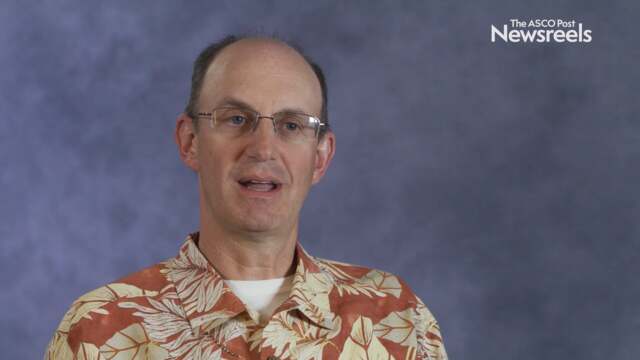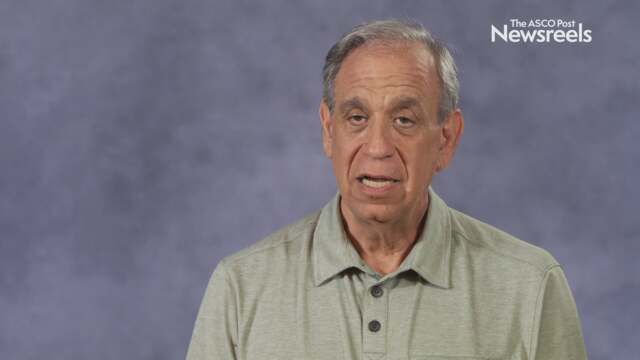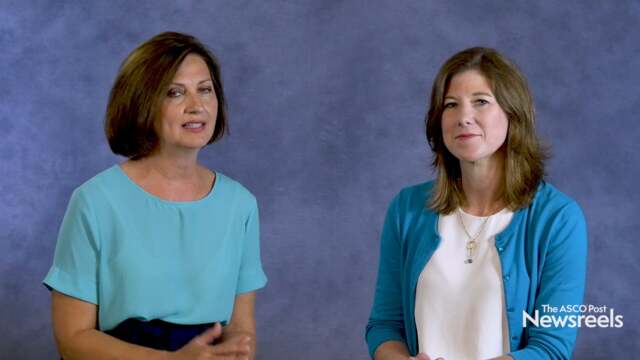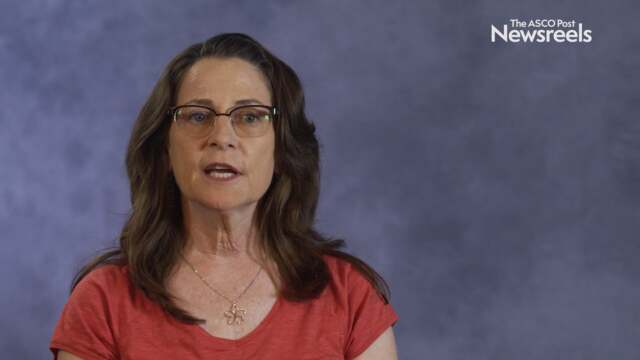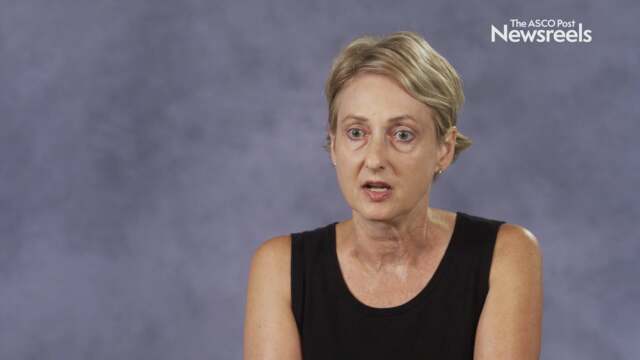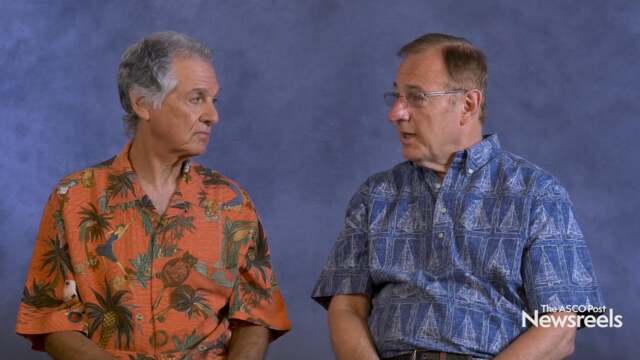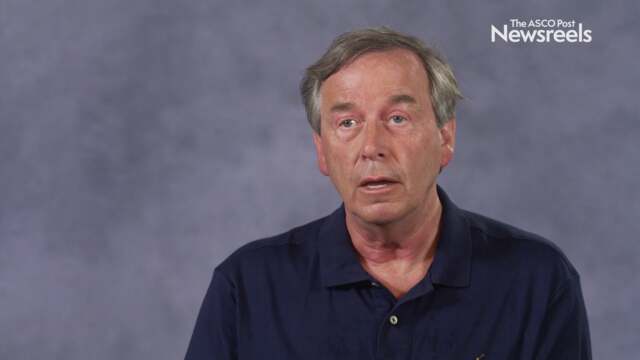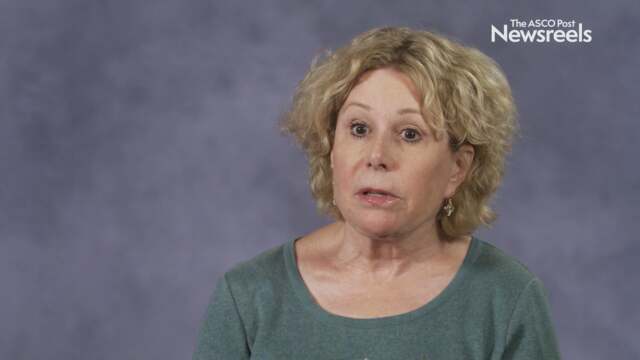Julie M. Vose, MD, MBA, and David G. Maloney, MD, PhD, on NHL: Update on CAR T-Cell Therapies
Pan Pacific Lymphoma Conference 2018
Julie M. Vose, MD, MBA, of the University of Nebraska Medical Center, and David G. Maloney, MD, PhD, of Fred Hutchinson Cancer Research Center and winner of this year’s Oliver Press Memorial Award, discuss three CAR T-cell products for lymphoma treatment, comparing their efficacy, toxicity, ease of use, and the clinical resources needed.
Jonathan W. Friedberg, MD, of the University of Rochester Medical Center, discusses treatments that enhance progression-free and overall survival and clear minimal residual disease—obinutuzumab plus chemotherapy, lenalidomide, and rituximab—and the types of lymphoma patients who may benefit.
Andrew D. Zelenetz, MD, PhD, of Memorial Sloan Kettering Cancer Center, discusses the various ways genomics can be used in diagnosing and treating non-Hodgkin lymphoma and the need for a proper support tool to help interpret the data.
Related Videos
Susan Blumel, RN, BSN, of the University of Nebraska Medical Center, and Laura J. Zitella, MS, RN, ACNP-BC, AOCN, of Stanford Health Center, discuss immunotherapy, CAR T-cell toxicities, and the principles of team management.
Peggy Burhenn, MS, RN-BC, AOCNS, of the City of Hope National Medical Center, discusses the challenges of working with older lymphoma patients and the importance of effective geriatric assessments.
Jonathan W. Friedberg, MD, of the University of Rochester Medical Center, discusses treatments that enhance progression-free and overall survival and clear minimal residual disease—obinutuzumab plus chemotherapy, lenalidomide, and rituximab—and the types of lymphoma patients who may benefit.
Laurie H. Sehn, MD, MPH, of the British Columbia Cancer Centre for Lymphoid Cancer, discusses the challenges of treating high-grade B-cell lymphoma in older patients and those with comorbidities. Several strategies have been devised, but more research is needed as well as more options for novel therapies.
Bruce D. Cheson, MD, of Georgetown University Hospital, and Richard I. Fisher, MD, of Fox Chase Cancer Center, discuss ways to incorporate PET and CT scanning into standard of care for and research studies on lymphoma.
John G. Gribben, MD, DSc, of the Barts Cancer Institute, discusses how understanding the role of the tumor microenvironment can help identify treatment targets, including combination therapies, and improve outcome for patients with indolent lymphomas.
Laurie H. Sehn, MD, MPH, of the British Columbia Cancer Centre for Lymphoid Cancer, discusses the challenges of treating high-grade B-cell lymphoma in older patients and those with comorbidities. Several strategies have been devised, but more research is needed as well as more options for novel therapies.
Susan M. O’Brien, MD, of the University of California, Irvine, discusses three oral agents for the treatment of chronic lymphocytic leukemia/small lymphocytic lymphoma, and the use of chemotherapy for the disease.
